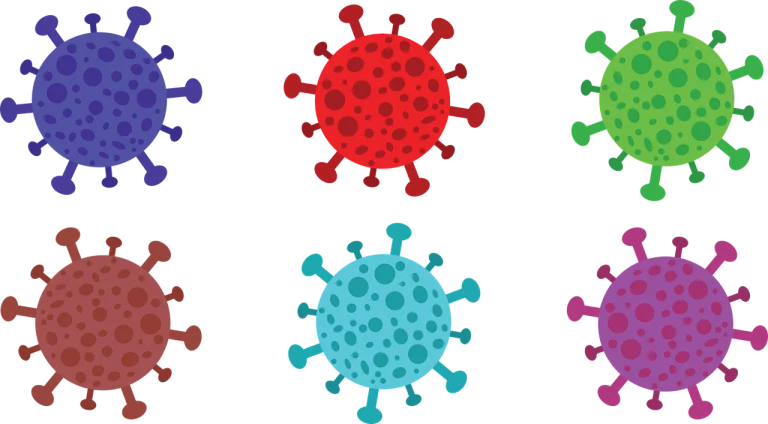Book Appointment Now

Marlaine Smith’s Theory of Unitary Caring
Marlaine Smith’s Theory of Unitary Caring integrates the concepts of caring and humanistic nursing into a unified framework. The theory focuses on the interconnectedness of the nurse and patient, emphasizing holistic care that nurtures the human experience. Smith’s theory is grounded in the belief that the patient-nurse relationship transcends physical care, fostering personal growth and healing through a dynamic and evolving process.
Get a custom paper help about Marlaine Smith’s Theory of Unitary Caring Theory
Order Custom Nursing Paper
Core Concepts of the Theory of Unitary Caring
Unitary Human Beings
The theory views individuals as unitary beings, meaning they are seen as whole and interconnected rather than divided into physical, emotional, or mental parts. This holistic view considers the patient’s mind, body, and spirit as one dynamic whole that is constantly evolving.
Caring as a Relational Process
Caring is central to the theory and is viewed as a dynamic, reciprocal process between the nurse and patient. The interaction is rooted in mutual respect and empathy, where both parties influence and learn from each other.
Patterning and Integrality
Patterning refers to the way in which individuals’ life experiences, behaviors, and interactions create patterns that can affect their health. Integrality refers to the interconnectedness of all experiences and aspects of a person’s being, emphasizing a seamless relationship between all parts of life.
Principles of the Theory of Unitary Caring
- Human Wholeness: Every person is a unique, integrated being with intrinsic worth and dignity.
- Relational Knowing: Nurses must develop an understanding of the patient as a whole through genuine interaction.
- Caring as an Art: Caring is not only a science but an art, requiring empathy, intuition, and personal connection.
- Co-creation of Health: Both the nurse and patient are active participants in the process of health creation and transformation.
Applications of the Theory of Unitary Caring
Holistic Assessment
Smith’s theory guides nurses in assessing all aspects of a patient’s life—physical, emotional, and spiritual—in order to develop a deeper understanding of their unique needs.
- Example: A nurse might assess not only a patient’s medical condition but also their emotional responses to illness and cultural preferences.
Therapeutic Presence
Nurses are encouraged to be fully present in their interactions with patients, fostering a deep connection that facilitates healing.
- Example: A nurse spending quality time listening to a patient’s concerns, allowing the patient to feel heard and understood.
Co-creating Health
Health is seen as a co-created experience, where the nurse and patient work together to create a sense of well-being and healing.
- Example: A nurse collaborates with a patient to design a personalized care plan that aligns with the patient’s values and goals.
Benefits and Critiques
| Aspect | Details |
|---|---|
| Benefits | – Emphasizes a holistic, patient-centered approach. |
| – Encourages deep emotional connections between nurse and patient. | |
| – Facilitates health promotion and empowerment. | |
| Critiques | – Can be difficult to implement in high-pressure or time-constrained environments. |
| – The abstract nature of the theory may pose challenges in practice. |
Example in Practice
Scenario: A nurse caring for a patient with chronic illness.
- Holistic Assessment: The nurse evaluates the patient’s physical symptoms, emotional well-being, and spiritual concerns.
- Therapeutic Presence: The nurse provides attentive, empathetic care, sitting with the patient during difficult moments.
- Co-creating Health: Together, the nurse and patient develop a care plan that incorporates the patient’s preferences and goals.
Key Concepts of Unitary Caring Theory
| Concept | Description |
|---|---|
| Unitary Human Beings | Patients are seen as whole beings with interconnected physical, emotional, and spiritual aspects. |
| Relational Knowing | Nurses must build genuine relationships with patients to understand their unique needs. |
| Caring as an Art | Caring goes beyond science, incorporating empathy, intuition, and personal connection. |
| Co-creation of Health | Health is an active, collaborative process between the nurse and patient. |
Marlaine Smith’s Theory of Unitary Caring highlights the importance of viewing patients as whole, interconnected beings. By emphasizing the relational aspects of care, nurses can develop deep, empathetic relationships with their patients that support healing and personal growth.
Call to Action: Integrate the principles of unitary caring into your practice to foster meaningful, transformative relationships with patients and promote holistic health.






